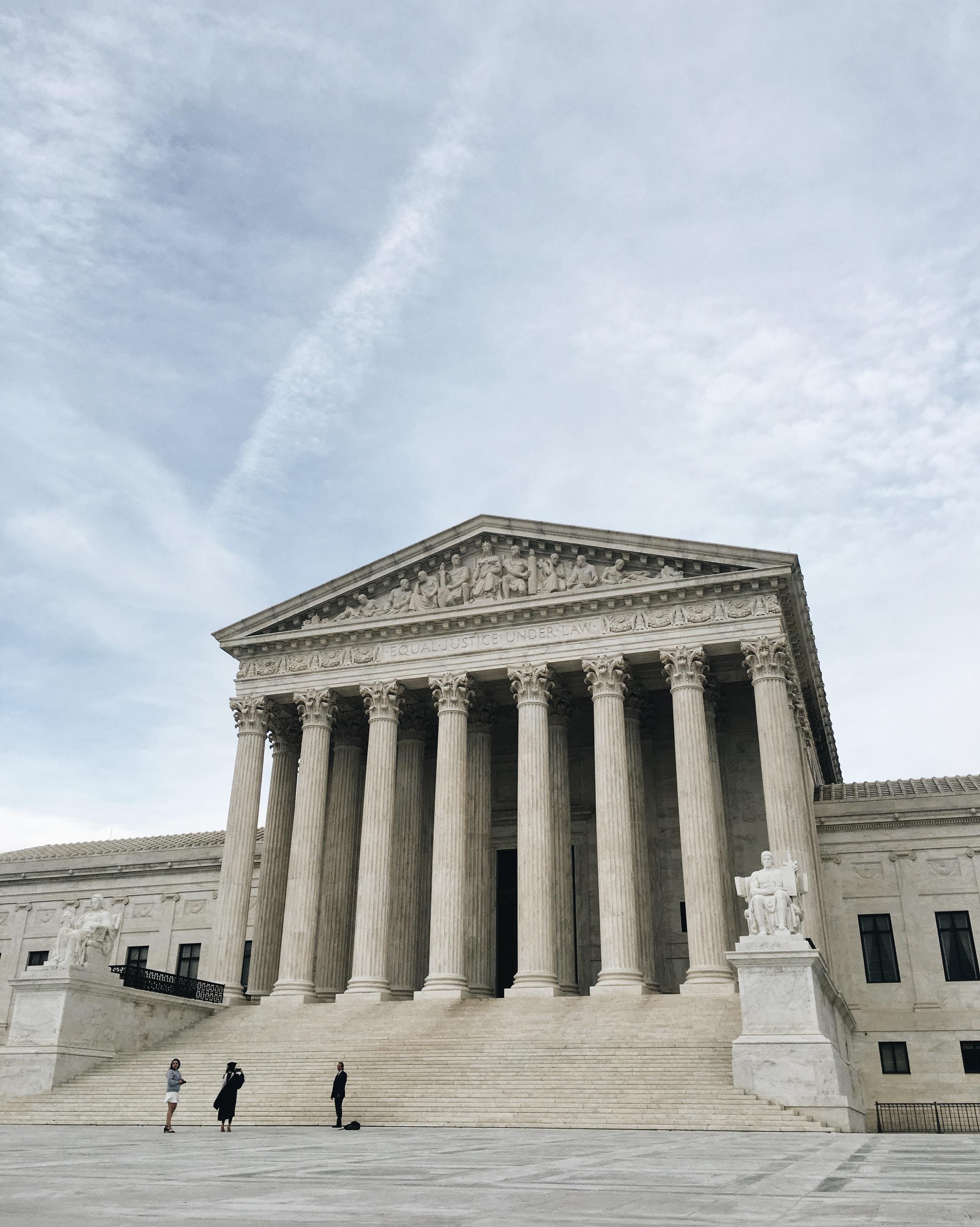
A criminal record can be costly when it comes to your future. If you’re applying for an apartment, trying to obtain a vehicle, or performing any number of necessary tasks to support yourself, a record could potentially interfere with your ability to complete these tasks. This is particularly true if the offenses on your record are severe ones, like a felony charge, or even a long list of misdemeanor crimes.
Even if you haven’t actually been convicted, a criminal charge can remain on your record long after the case has ended. But there are steps you can take to prevent these charges from interfering with some of the most important elements of your life. One of these steps is to have your record sealed, in which case the charges will still remain on your record, but under certain circumstances, you could have them removed entirely through expunction.
Are you wondering whether you may be eligible for Houston criminal record expunction? In this blog post, we’ll cover how you may determine whether or not you qualify to have your record expunged and the best next steps you can take in either scenario.
Criminal record expunction in Texas is fairly limited when it comes to who’s eligible and what circumstances are covered. As we’ve written in a previous blog post, your eligibility essentially comes down to three main factors:
For the most part, you’re only eligible for record expunction if your case was dismissed or you were only arrested for an offense and never charged. You’re also eligible for expunction if you were charged with a class C misdemeanor and your case resulted in deferred adjudication, as this result will remain on your record.
For class C misdemeanors, you’ll have to wait 180 days before filing an expunction application. For class A and B misdemeanors, that waiting period is extended to 1 year. For any level of felony, the period is 3 years.
With a few notable exceptions, you aren’t eligible for record expunction if you’ve been convicted. These exceptions include:
Aside from most situations in which you’re convicted of the crimes you’re charged with, there are other circumstances that will disqualify you for record expunction. These include:

The first thing you should do if you’re seeking to expunge any part of your record is to consult an attorney with experience assisting clients in this kind of matter. They can help you better understand your eligibility and guide you through the process of filling out and submitting the appropriate documents as part of your application.
If you’re looking for help through the process of expunging your criminal record, talk to the attorneys at Monks Law Firm. We’ve practiced law in Texas for over 40 years, assisting countless clients through thousands of cases and helping them clear away any troublesome marks on their record for crimes they never received a conviction for.
You can schedule a free consultation with us now and find out more about how we can help you stop a criminal record from interfering with your life. Contact us, email us at gpmonks@monkslaw.com, or call directly at (713) 666-6657.

Counties Served
• Harris County • Fort Bend County
• Galveston County • Brazoria County
• Montgomery County • Waller County
• Liberty County • Chambers County
• Austin County • San Jacinto County
• Walker County • Fayette County
• Wharton County